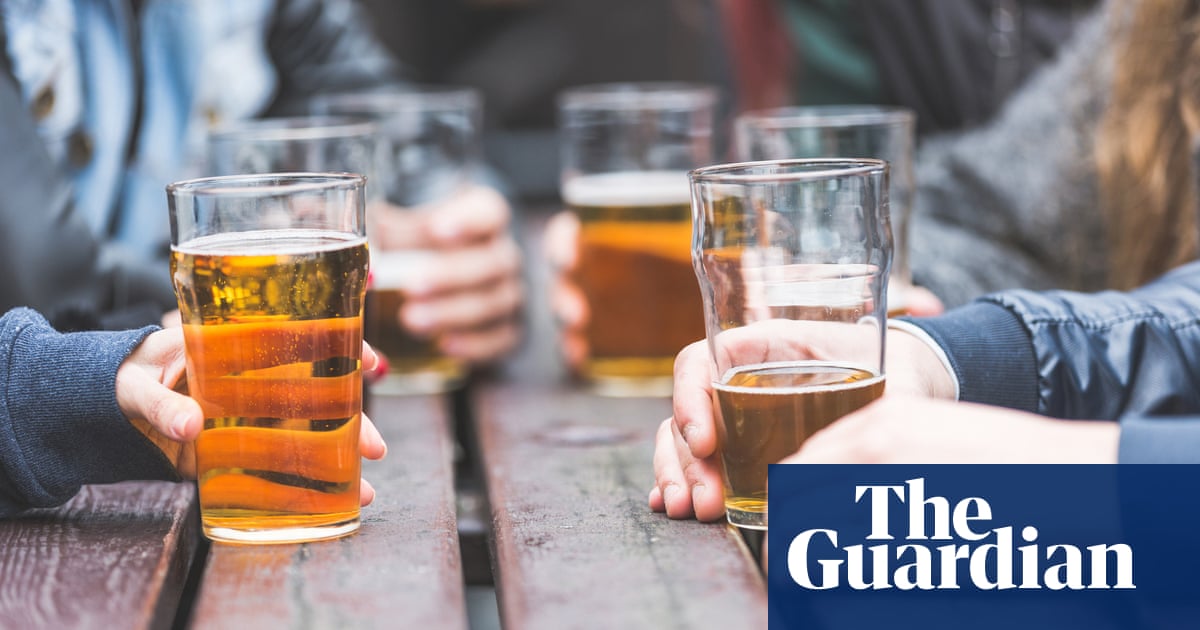
A ban on junk food advertising by Transport for London has contributed to a 1,000 calorie decrease in unhealthy purchases in people’s weekly shopping, a study has estimated.
The biggest effects were seen for chocolate and confectionery with an almost 20% decrease, or 317.9 calories, in average weekly household purchases of energy from these products.
The decrease works out to be about 385 calories a person a week, equivalent to every Londoner in the study buying about 1.5 fewer standard-size bars of milk chocolate each week.
Researchers led by the London School of Hygiene & Tropical Medicine (LSHTM) compared almost two million weekly grocery purchases of products high in fat, salt and sugar (HFSS) by households in London and the north of England between June 2018 and December 2019.
Researchers found the policy was associated with an estimated 1,001 calorie (6.7%) decrease in average weekly household purchases of energy from HFSS products compared with what would have happened without the policy.
Dr Amy Yau, from LSHTM and the study’s lead author, said: “Many governments and local authorities are considering advertising restrictions to reduce consumption of HFSS products as part of obesity prevention strategies.
“However, evidence of the effectiveness of such policies, especially away from broadcast media, is scarce.
“Our study helps to plug that knowledge gap, showing TfL’s policy is a potential destination for decision-makers aiming to reduce diet-related disease more widely.”
The team also found some limited indications that the effect of the ban was larger in households with individuals living with obesity.
TfL’s ban on advertising HFSS products, which began in 2019, encompasses the underground, overground, buses, Docklands Light Railway, taxis and on some roadside advertising sites such as roundabouts and bus stops.
London mayor Sadiq Khan said: “I am pleased to see the positive impact these groundbreaking measures have had, leading to a real reduction in the amount of junk food being purchased.”
Barbara Crowther, coordinator of the Children’s Food Campaign, said: “We’re delighted to see that TfL’s healthier food advertising policy is working as intended and is helping to stem the tide of junk food advertising that constantly nudges us towards less healthy options.”
Britain has one of the highest obesity rates in Europe with two in three adults overweight or obese and the NHS spending £6bn a year treating obesity-related ill-health.
In December, the government announced plans to introduce a 9pm watershed on TV and a ban on paid-for advertising online for unhealthy food and drink, plus new restrictions on the promotion of unhealthy food and drink in retail outlets and online.
However, a report commissioned by the government’s own obesity research unit warned that these efforts will fail unless much wider action is urgently taken to transform the entire food environment.












